The Cultural Significance of Beards: From Ancient Symbols to Modern Identity
Throughout history, beards have held significant cultural meanings, representing everything from wisdom and masculinity to social status and religious devotion. The way societies perceive and interpret facial hair varies across different cultures and eras. In this blog, we delve into the rich cultural significance of beards, exploring their historical roots, contemporary trends, and the impact they have on personal identity and self-expression.
Historical Perspectives
Beards have played a prominent role in shaping cultural identities and societal norms across civilizations. Here are some historical perspectives on the cultural significance of beards:
Ancient Civilizations
In ancient Egypt, beards were associated with power and divinity, often worn by pharaohs and high-ranking officials. Similarly, in ancient Greece, a full, well-groomed beard symbolized masculinity, wisdom, and respect.
2. Religious Significance
Beards have held spiritual and religious importance in many faiths. For example, in Sikhism, the beard is considered a sacred gift from God and a symbol of spirituality. In Islam, Prophet Muhammad's beard is seen as an example to follow, and growing one is encouraged as a sign of piety.
3. Social Status
Throughout history, beards have often denoted social status. In certain cultures, only the elite were allowed to grow full beards, while commoners were restricted to more modest styles. The length, style, and grooming of a beard could communicate one's position in society.
Modern Perspectives
In contemporary times, beards have experienced a resurgence in popularity and have become a symbol of personal style and identity. Here's a look at the modern perspectives on the cultural significance of beards:
Self-Expression and Individuality
Many individuals view growing and styling a beard as a form of self-expression. Beards offer a canvas for creativity, allowing people to experiment with different lengths, shapes, and grooming styles to showcase their unique personality.
2. Masculinity and Confidence
Beards are often associated with masculinity, representing strength and maturity. For some men, growing a beard can enhance self-confidence and assert their identity in a world that often imposes certain standards of masculinity.
3. Counterculture and Rebellion
In certain subcultures, sporting a beard can be a form of rebellion against societal norms and expectations. It can be seen as a rejection of traditional ideals of clean-shaven appearances, and an assertion of alternative aesthetics and values.
Contemporary Trends
Beard culture has evolved significantly in recent years, leading to various trends and practices. Here are a few notable contemporary trends in the world of beards:
Beard Care Industry
The resurgence of beards has given rise to a booming beard care industry, offering a wide range of grooming products such as oils, balms, and specialized tools. This industry caters to the needs of beard enthusiasts, emphasizing proper maintenance and grooming.
2. Beard Competitions
Competitive beard growing has become a popular phenomenon, with individuals participating in beard competitions around the world. These events celebrate creativity and the artistry of beard styling, showcasing an array of impressive beard designs.
3. Beard Movements:
Various social movements, such as "Movember" and "Decembeard," have emerged to raise awareness about men's health issues. These initiatives encourage men to grow beards or mustaches during specific months, acting as conversation starters and promoting important causes.
The cultural significance of beards spans centuries and civilizations, evolving with changing societal perceptions. From ancient symbols of power and spirituality to modern expressions of personal identity, beards continue to hold a special place in our cultural landscape. Whether embraced for religious reasons, self-expression, or as a fashion statement, beards remain a visible and meaningful aspect of human culture, reflecting the diverse identities and values of individuals worldwide.









